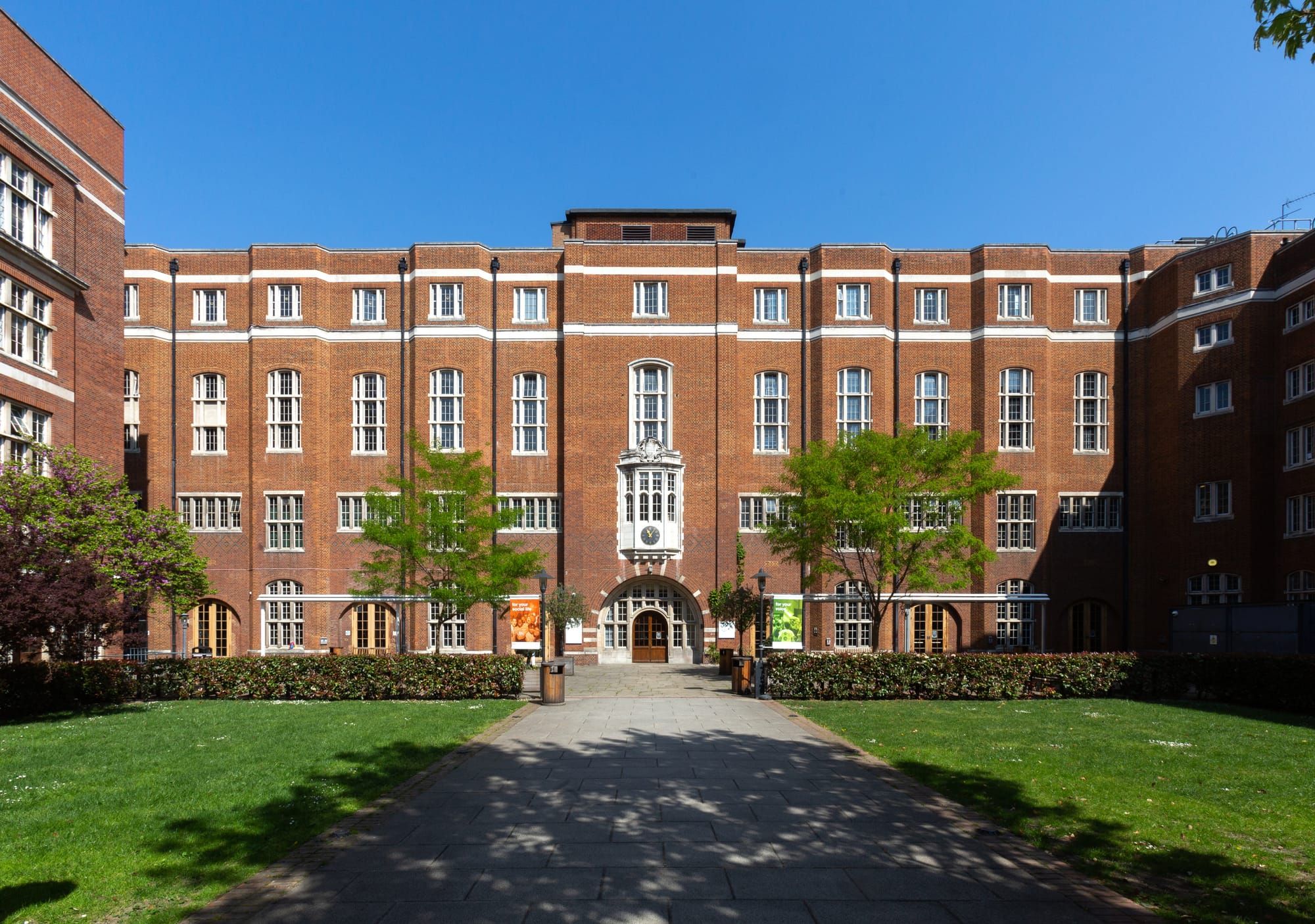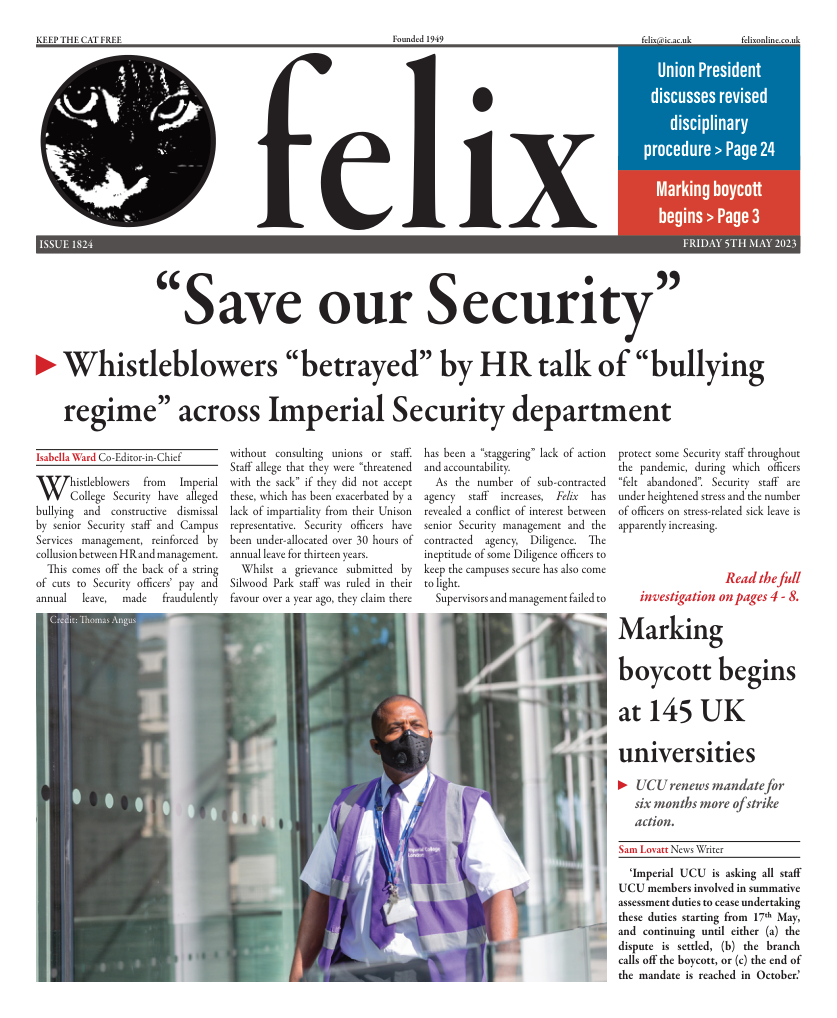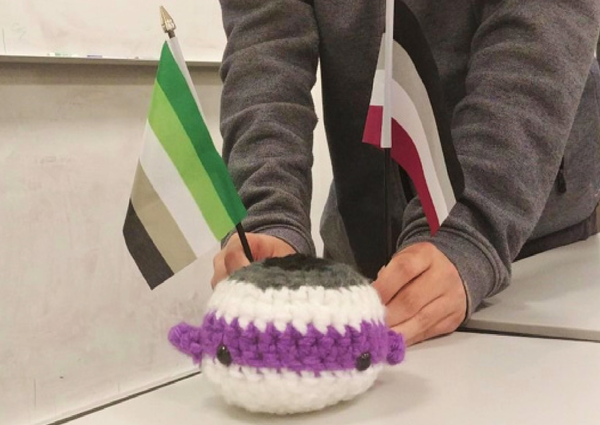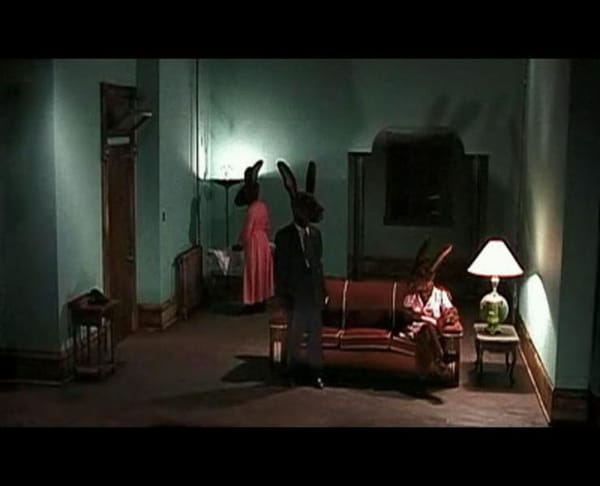A safer Imperial
Imperial College Union President Hayley Wong explains the latest changes to the College’s disciplinary process.

The College’s disciplinary procedure has been one of the prevailing issues raised to the Union by students. That is why both mine and Nathalie’s manifestos prioritised pushing for improvements in this area. Whilst the procedure itself was structurally sound and compliant with guidelines from the Office of the Independent Adjudicator (OIA), students involved in disciplinary cases have lamented over a lack of transparency, the length of time needed to conclude their cases, and the mental toll taken by going through the process.
Over 30% of students have experienced sexual misconduct, according to the 2021 Sexual Misconduct Survey carried out by Imperial College Union. However, over the 5-year period of 2016 to 2021, only 12 cases have been investigated under the College’s Student Disciplinary Procedures, indicating a lack of trust in these procedures. It was also found that a significant majority of sexual misconduct survivors chose not to seek any support from the College or the Union, with the most common reason being that they ‘did not think there would be any action taken’.
There were many issues with what the procedure used to be, for example:
- There were insufficient updates to students between the acknowledgement of receipt of the case and the conclusion of the case.
- There was no parity of appeal rights, i.e., the student responding to an allegation of misconduct (responding party) could appeal the outcome or sanction(s), but the person making the complaint (reporting party) could not do the same.
- Students were not allowed to go into hearings with a legal representative, even though it was ruled by a High Court judge in March 2020 that legal representation should be permitted on a case-by-case basis to ensure natural justice in these types of proceedings.
- The College always paused investigations if police become involved in the case – often this meant the case could not be concluded for years, leading to involved students graduating without an outcome.
- The length of time required to close a case (some have taken several years to be concluded).
- There was no opportunity provided to reopen a case once it was concluded, even when new evidence was presented.
- There was a lack of structured support for students going through the process.
- The available sanctions that the procedure could impose were limited, which meant that in some cases they weren’t the most appropriate for those circumstances.
- Fining people as a sanction disproportionately punishes students from financially disadvantaged backgrounds.
And perhaps worst of all:
- The reporting party often did not get informed of the outcome of their case, nor any sanctions put in place.
These issues were detrimental to students going through the process. This is why Nathalie, Jason and I have spent a significant amount of time this year attempting to elevate the student voice on this important issue. At the start of last academic year, Nathalie initiated a College-wide review of these procedures by conducting a survey of sexual misconduct (with over 600 responses) and bringing a paper to Union Council.

This prompted the College to put together a working group consisting of us three and staff from across the College, as well as a practicing barrister (who happened to be the Union President in 2000/01). After months of careful deliberation, we arrived at a final version of the procedure, most notably with the following changes:
- The reporting party may also now appeal the severity of the sanctions imposed.
- The option to bring a legal representative into hearings is now available to students with disabilities.
- College can continue with investigations even if the Police are involved (and will not disclose information to the Police) unless the Police directly ask the College to pause its proceedings.
- There will now be communications with all parties involved at regular intervals, even if no progress has been made. • Cases can now be reopened in exceptional circumstances.
- Introduction of developmental requirements (restorative justice) as a sanction.
- Introduction of mediation (where all involved parties consent).
- The available support to students involved in the case is now more clearly laid out, with the option of continued support beyond the outcome of the case.
- Fines have been removed as a sanction, with the exception of financial compensation for damaged goods or property with a £500 limit.
- The reporting party will now be told about the outcome of the case and any sanctions imposed.
I’m thankful that changes are being made and there are new measures in place which will make the process more transparent
The final hurdle was to approve these changes at Senate, a College committee chaired by the Provost. Amazingly, it was passed unanimously by all members of Senate. Further recommendations have also been made to increase the resources assigned to the Student Casework Team.
This is one of the most impactful changes in this area that has happened in recent times. We could not have done it with without the help of our Liberation & Community Officers, Union Council, the Academic Registrar and his team, and the College’s Legal team.
A student who has experienced the process said: “As someone who has been though the College disciplinary process, it was incredibly frustrating and I felt very alone. It made me question my decision to submit the report in the first place. I’m thankful that changes are being made and there are new measures in place which will make the process more transparent, and give students the support they need throughout the process.”
Student casework needs more resource
These changes have been a long time coming, and we know that they will positively impact students that go through this process in the future. But the work is not done yet. Most of the issues that we outlined above can only be fully resolved with the additional commitment of resource from the College. Waiting times can only be reduced by hiring additional casework administrators, and specialists on sexual violence, bullying, and harassment are needed to handle sensitive cases.
Moreover, we must regularly review the procedures and the resources surrounding them so that they are kept up to date. We must also look at how these new procedures intersect with other areas, such as the College’s HR policies.
Finally, we must now also turn our attention inward and look at the complaints and disciplinary procedures within the Union.
If you have any feedback or comments regarding this, please email Hayley at union.president@imperial.ac.uk.









